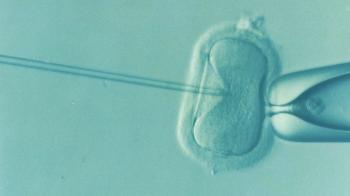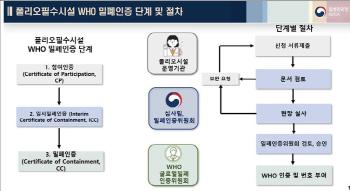A runny nose can diagnose type 2 chronic sinusitis...Faster than traditional tissue biopsies
Aug 08, 2025
|
A research team led by Professor Na Min-seok of the Department of Otolaryngology at Severance Hospital, Professor Seo Moon-jin of the Department of Otolaryngology at Yongin Severance Hospital, and Dr. Moon Sung-min of the Department of Otolaryngology at Yonsei University Medical School announced on the 8th that proteins present in the nose can diagnose type 2 chronic rhinosinusitis.
Chronic sinusitis is a chronic inflammatory disease that occurs in the nasal cavity and paranasal sinus mucosa. Nose congestion, runny nose, facial pain or pressure, and decreased sense of smell are the main symptoms.
Chronic rhinosinusitis is largely classified into type 2 and non-type 2 depending on the inflammatory pattern, and since type 2 and non-type 2 have different mechanisms of occurrence and treatment responses, accurate pre-diagnosis is important to establish a precise treatment plan accordingly. The most accurate method of diagnosing type 2 is pathological examination through mucosal tissue, but it is difficult to apply to daily treatment because it is done in an invasive manner such as surgery and tissue biopsy, which is burdensome to patients and takes a long time.
The research team discovered a biomarker that can diagnose type 2 chronic rhinosinusitis in a non-invasive way using runny nose, a sample that can be easily obtained without patient pain or discomfort.
CST1 gene with increased expression in type 2 inflammatory epithelial cells was derived as a candidate by single-cell RNA sequencing after nasal discharge and nasal mucosal tissue were obtained in patients with chronic rhinosinusitis. When the nasal samples of type 2, non-type 2, and health groups were compared through immunofluorescence staining and enzyme immunoassay, the expression of cystatin SN (cystatin SN) protein made by the CST1 gene was clearly higher only in type 2 group.
The amount of cystatin SN protein expression in the nasal discharge not only showed a significant correlation with the clinical indicators seen by the patient, such as symptom severity and degree of olfactory decline, but also well reflected the degree of type 2 inflammation in the tissue. In addition, ROC curve analysis was performed to determine the predictive accuracy of the nasal cystatin SN protein. It boasted better prediction accuracy than previously presented blood indicators. The AUC value, which means that the closer to 1, the higher the prediction accuracy, recorded 0.894.
Professor Na Min-seok said, `In order to realize customized precise medical care based on individual inflammatory patterns in patients with chronic rhinosinusitis, it is important to understand the patient's inflammatory patterns before treatment begins.' `This study is of great significance in that it has discovered a new biomarker that can predict type 2 inflammation with high accuracy through a simple sample called runny nose.'
Meanwhile, the results of this study were published in the European Journal of Allergy (IF 12.0).
|
This article was translated by Naver AI translator.















